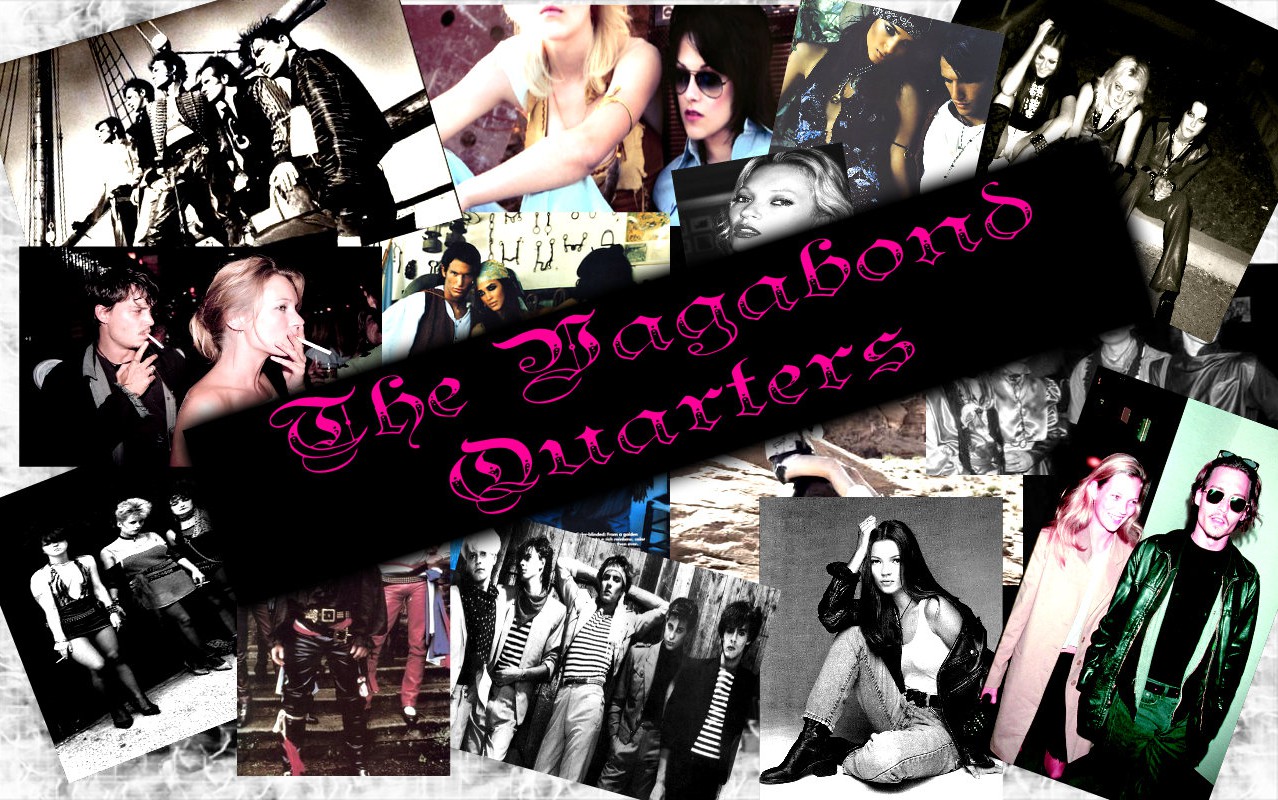Nicole Clinton explores the style icon phenomenon.
It seems that the term ‘style icon’ has become such a ubiquitous anthem in modern fashion media that its actual meaning has been diluted and the honour of the title has been diminished for those who are truly deserving of it. I fear that if we do not start to ration our use of the phrase, it will be condemned to a grim fate in ‘fad’ territory. As it stands, it is just one hashtag away from becoming another sickening staple of the social media generation’s fleeting, trifling lexis. The question is: how do we salvage authentic style icons from the doldrums of cliché?
It could be claimed that the difference between the cliché style icons and the genuine ones is the connection between fashion and purpose. It unnerves me when I cannot pinpoint a style icon’s actual profession. Perhaps this is due to the nightmarish celebrity culture that surrounds us where the media nauseatingly worships people who are famous for absolutely nothing.
Even though I am a fashion enthusiast, I shudder to think that someone could be famous for their style alone. I consider those who are granted contracts or press attention as a result of being nothing but ‘style icons’ a close relation of the venomous reality star family. Their style is false, artificial, if it does not compliment their work. A style icon is organic if their look is part of a larger persona that feeds into their work, whether that is film, music, modelling, designing or magazine publishing. Otherwise it is just an aesthetic without any substance- a nice piece of wallpaper- empty, flat and uninspiring. Those that have a distinct career loan their look an injection of dynamism as the type of work that they do nourishes it as we affiliate their fashion with their purpose. With music stars such as David Bowie, Madonna and Lana Del Rey, fashion is a crucial part of the almost circulatory system of stylisation that feeds into and stems out of the themes and accompanying visuals of their music.
On the other hand, many ‘style icons’ acquire the title as a result of a character that they played before subsequently morphing their own persona into the fictional image. In this case, we are faced with a ‘chicken or the egg’ saga as we must ask is it Sarah Jessica Parker and Blake Lively who are the style icons, or is it Carrie Bradshaw and Serena Van Der Woodsen? Basically, did the actress influence the character’s look? Or is she now just clinging on to the image that was created for her by the production’s wardrobe department?
We need to pause to reflect on how one garners the status of style icon and the legitimacy or purity of the appointment. Do we really admire their style, as in; is it a personal selection of a taste that we like? Or is it a snowballing, ‘Emperor’s new clothes’ phenomenon (pun not intended)? Do we decide for ourselves or are we brainwashed into idolising them because ‘authorised’ fashion people are selling tickets for a bandwagon that we fancy a place on?
If I were to stop a host of average females and ask them who their style icon is, I can guarantee that the names Alexa Chung and Olivia Palermo would pop up on multiple occasions. However, it is only after interrogating them on why they chose these women that I could separate those who passionately live for fashion from those who nonchalantly dress for life.
The second group, the casual dressers, would probably fail to produce an answer more original than “She dresses well” or “she always looks stylish/cool/ am-aaazing”. They would simply be relying on the groupthink default response to the question, naming people who they think they should be following rather than those that really influence them or admitting that they do not know the answer to the question at all.
While it is not likely that the first group would mention Chung or Palermo due to the ‘style icon cliché’ status that they carry these days, if they did, they would demonstrate the ability to articulate their reason based on habits, styling skills, wardrobe staples etc. Unfortunately, those with actual good taste, like Alexa and Olivia, often become so synonymous with the title that the chic amongst us rebel against praising them because the very act is a bore that makes us feel like unimaginative drones.
In fact, the truly fashion conscious would probably cite an album, a film, a cultural/social movement or a decade as their style muse because for them, their look is too significant a part of their personality to be based on just one human being, is it not?

